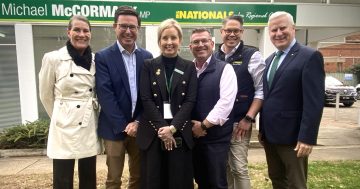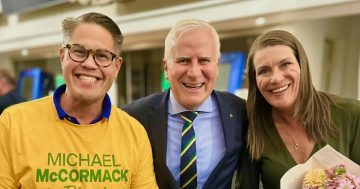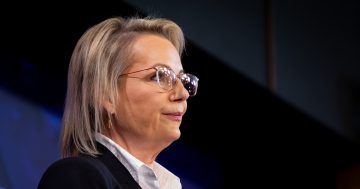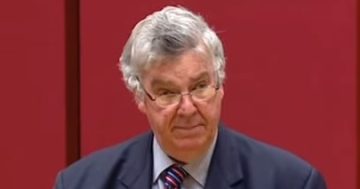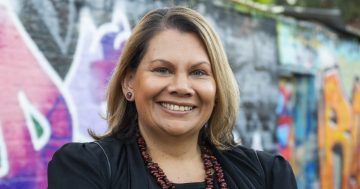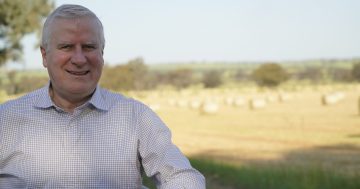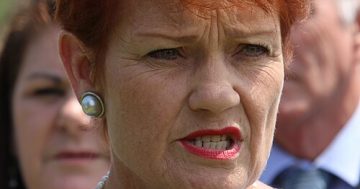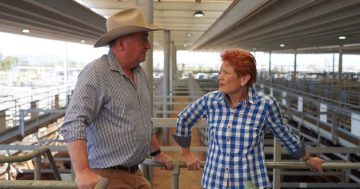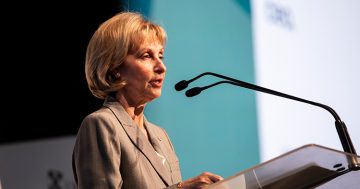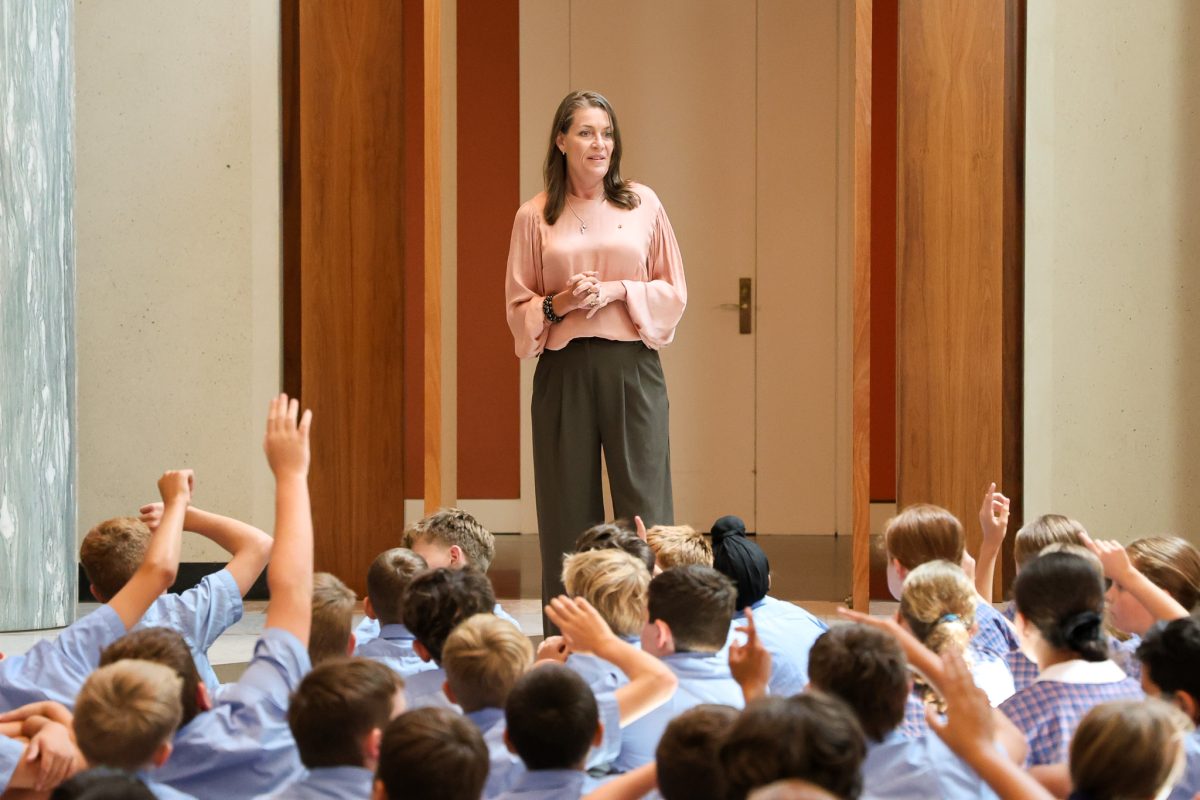
Perin Davey says the Senate will lack rural voices. Photo: Perin Davey Facebook.
There’s an old joke that NSW stands for Newcastle, Sydney and Wollongong, but when it comes to our elected representatives, it’s starting to ring true.
The federal Senate will lose its only Riverina (and regional NSW) representative, with confirmation that Conargo-based Nationals MP Perin Davey has not been re-elected.
Often called the house of review, the Senate (or Upper House) is the second chamber of parliament that scrutinises legislation introduced by the House of Representatives, from where governments are formed.
Like every other state, NSW contributes 12 members to the Senate, of which six faced re-election on 3 May.
At most elections one Nationals and two Liberal candidates get elected, but the Coalition vote collapsed to such an extent this time that Ms Davey, first elected in 2019, will miss out.
That means all 12 NSW senators will be from the coast in a chamber where left-wing parties or independents will hold at least 42 of the 76 spots.
This is bad news for anyone living west of the Great Dividing Range, says Ms Davey.
“The Senate is meant to be a place where legislation is tested, scrutinised, and improved. But without a strong, grounded regional presence, who’s there to speak up when policies threaten to hurt our communities?” she asked.
“When you lose regional voices in the Senate, you lose people who understand what it means to have a one-doctor town, or what happens when a bridge floods and the nearest alternative is 40 minutes away. You lose the lived experience that’s essential in making fair policy.
“I fear that without that voice, our regions will fall further down the list of priorities. And once the programs are gone, once the jobs and services disappear, it’s incredibly hard to get them back.”
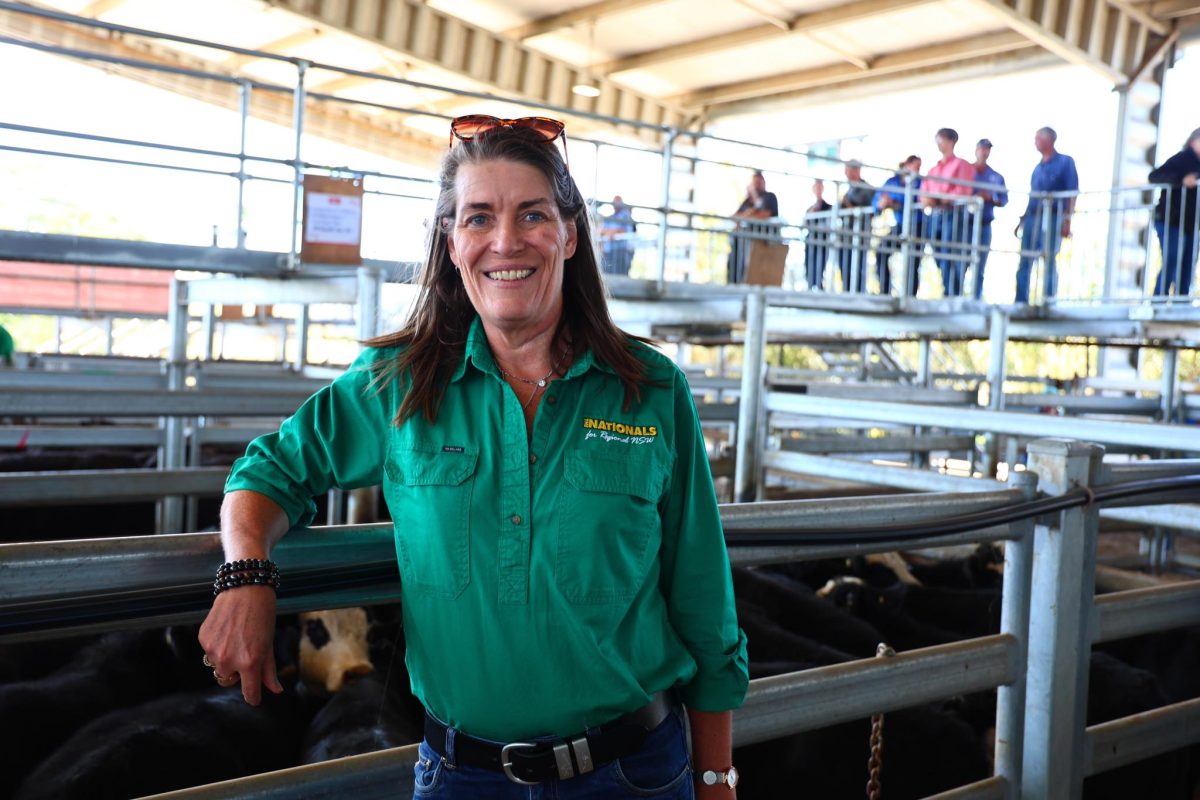
Perin Davey lives on a farm. Photo: Perin Davey Facebook.
Labor is expected to hold 30 places in the Senate, and the Greens are assured of 11. These two parties can pass legislation without the need for support from any of the right-of-centre parties, such as the Coalition or One Nation.
“Right now, with Labor only needing the Greens to pass legislation, there’s very little incentive for them to consider the regional impact of their decisions. We’ve already seen billions ripped out of the Water Grid Fund, major regional infrastructure programs defunded, and buybacks in the Basin resumed without real consultation,” Senator Davey said.
The daughter of an ABC journalist, Ms Davey was once an aspiring actress who appeared on TV shows such as Home & Away and E Street. She also worked as a safari cook in Botswana and as an advocate for the irrigation industry before being elected to the Senate. The 53-year-old lives on a property in Conargo, near Deniliquin, and is married to a farmer.
She said she was proud of what she achieved during her six-year tenure in the Senate, which will end on 30 June.
“Working on behalf of the people who often feel forgotten, those in regional and rural Australia. From day one, I committed to being a clear and consistent voice and I believe I delivered on that promise,” she said.
“Early on I was able to ensure legislative changes to tax laws didn’t unfairly impact farmers, particularly around the treatment of vacant land. It mattered deeply to the people it affected. During COVID, I fought to get boarding school students back to their families when state borders closed.
“I also worked hard to secure recognition and funding for regional arts. Cultural investment outside of cities often gets overlooked, but I pushed to ensure regional arts organisations weren’t treated as second-class.
“And throughout, I consistently advocated for sensible, sustainable water policy in the Murray-Darling Basin. I strongly opposed mass water buybacks that hurt our communities, and I still believe we need a balanced approach that supports both the environment and the people who live off the land and the industries and workers they support.”
Original Article published by Oliver Jacques on Region Riverina.


